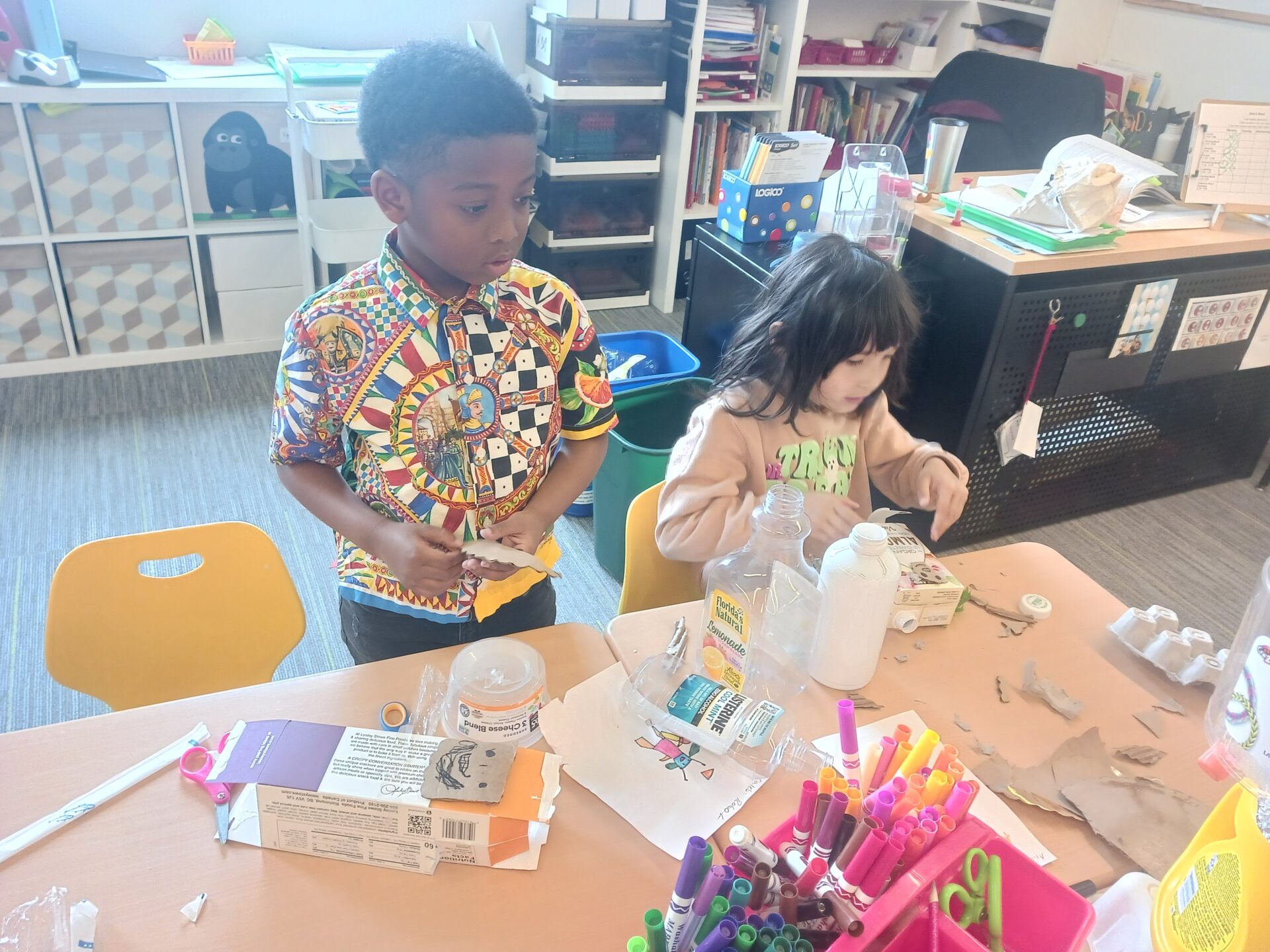Benefits of a Bilingual Education
Why Bilingual Education Matters
A bilingual education has many benefits, most importantly cultural competence, enhanced cognitive skills, and broader career opportunities.
Bilingual education fosters cultural awareness and empathy, as students gain exposure to different perspectives and traditions. This prepares them to navigate a globalized world with ease and open-mindedness.
Bilingual students exhibit improved cognitive abilities, such as problem-solving and critical thinking. They develop a deeper understanding of language structure and are more adept at learning additional languages.
Additionally, GSB’s German-English program is the best preparation for higher education in North America and in Europe, especially Germany, Austria and Switzerland. Bilingualism is a valuable skill in the job market, opening doors to a wide range of career opportunities. It also enables individuals to engage with a broader, diverse network of people, enhancing professional and personal relationships.

